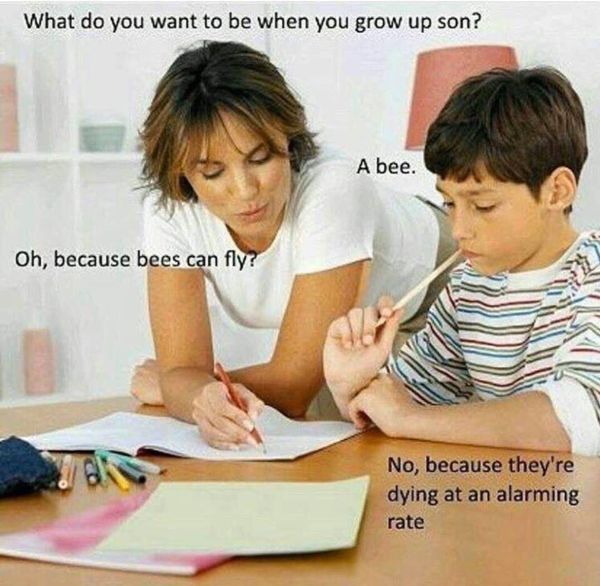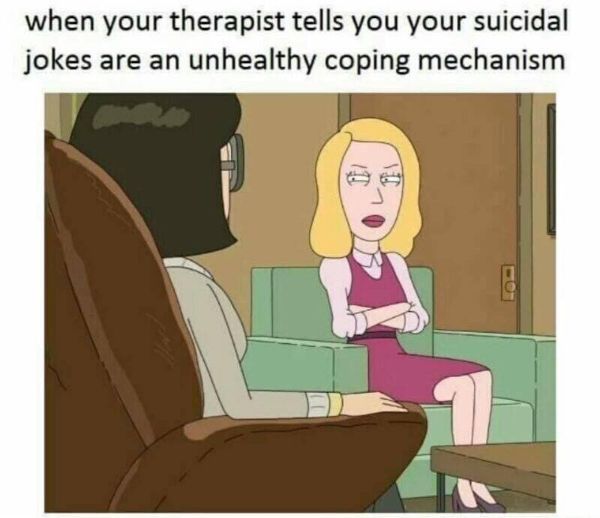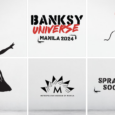Words by Kelly Punzalan
I often wonder what life would be like if memes did not exist. While scrolling down our feeds on every single social media platform there is, memes are all we see. They’re usually relatable and humorous, a foolproof combination that makes memes such shareable content. It’s pretty fascinating how a simple funny image, GIF, or even a piece of text can perfectly encapsulate people’s experiences or feelings.
As with any sophisticated art form, memes have specific niches that cater to different tastes and personalities. You have your infamous dank memes for people with dark, twisted humor. Then, you’ve got your wholesome memes that unsarcastically send out warm, uplifting messages. There’s also student memes, TV series memes, and a whole lot more. Whatever pops into your head, I can guarantee there is at least one page dedicated to it, or at the very least, someone thought of creating a page for it. I only recently discovered the realm of redneck “yee-haw” memes and they’re glorious.
If you frequent social media, you’ve probably come across memes related to depression and suicide. You know, the ones that joke about feeling worthless, being emotionally damaged, and wanting to die. While I haven’t been formally diagnosed with any mental health issues, I admittedly find these posts amusing because, well, I can really relate to them. It seems like that’s the case for a lot of people–young people, mostly–based on the thousands of likes and shares they get. There’s even a Facebook group called “Subtle Depressed People Traits” dedicated to sharing these types of memes. Occasionally, they have serious discussions about mental health, but it’s mostly memes.
Using humor as a coping mechanism is not unheard of. Comedians often do this precisely because joking about tragedy or unfortunate situations is so painfully relatable and, in a way, healing. Laughter is the best medicine after all. Being able to joke about a serious matter can indicate that a person has fully processed and come to terms with it. On the other hand, if they haven’t addressed the issue and are using humor as a shield or a distraction, that might actually be unhealthy.
ALSO READ: How to Help Those with Mental Health Issues
Let’s look at the bright side first. Given that mental health is pretty much a taboo topic up to this time, depression memes somehow normalize the idea and gradually remove the stigma. Seeing people publicly share them to their timelines shows others who are struggling that they’re not alone. In the current state of our society where there is almost no room for leisure or recreation, and all we’re doing is working, studying, worrying about paying the bills, it’s inevitable to feel burnt out and have an existential crisis every now and then. Memes become a source of comfort, even if it’s just for a few seconds before we continue scrolling and go on with our lives. But can they go too far?
Depression memes seem to simultaneously normalize and romanticize mental illness. Discussing depression and anxiety in a humorous way makes it more casual and less like a big deal or an awkward conversation topic. The fact that people can openly express what they are feeling certainly helps when dealing with the internal struggles they face every day, however, the self-deprecating jokes may actually be a cry for help. It’s prevalent now to hear someone say “I want to die” and laugh or shrug it off that we might not even realize we’re not paying enough attention. For some people who are struggling with mental health issues, hearing jokes about suicide and self-harm might be triggering. I remember a post of a member of “Subtle Depressed People Traits” saying that he stopped checking the group and was doing well for almost a month, then came back to the group only to have his depression come back. Whether this post was truthful or not, it probably rings true for some.
The problem with the romanticization has to do with people, who are completely fine mental health-wise, acting like they do just to be “relatable.” It becomes an aesthetic or identity, and this is especially common among young adults. There’s this paradox of mental health becoming normalized and less taboo yet also too normal that it’s not taken seriously anymore.
I think the main issue people find with depression and suicide memes is that they are not constructive nor profound. What usually happens is a meme gets posted, people like and tag their friends, and then they move on. There is no actual discourse, no resolutions are provided. People who need help don’t seek it because they think the jokes and the memes are enough to distract them from their problems. It could be a valid coping mechanism but we still need to be careful and consider the impact it can have on people who are suffering from depression, anxiety, and suicidal tendencies.
Do you think depression memes are harmful or helpful?






